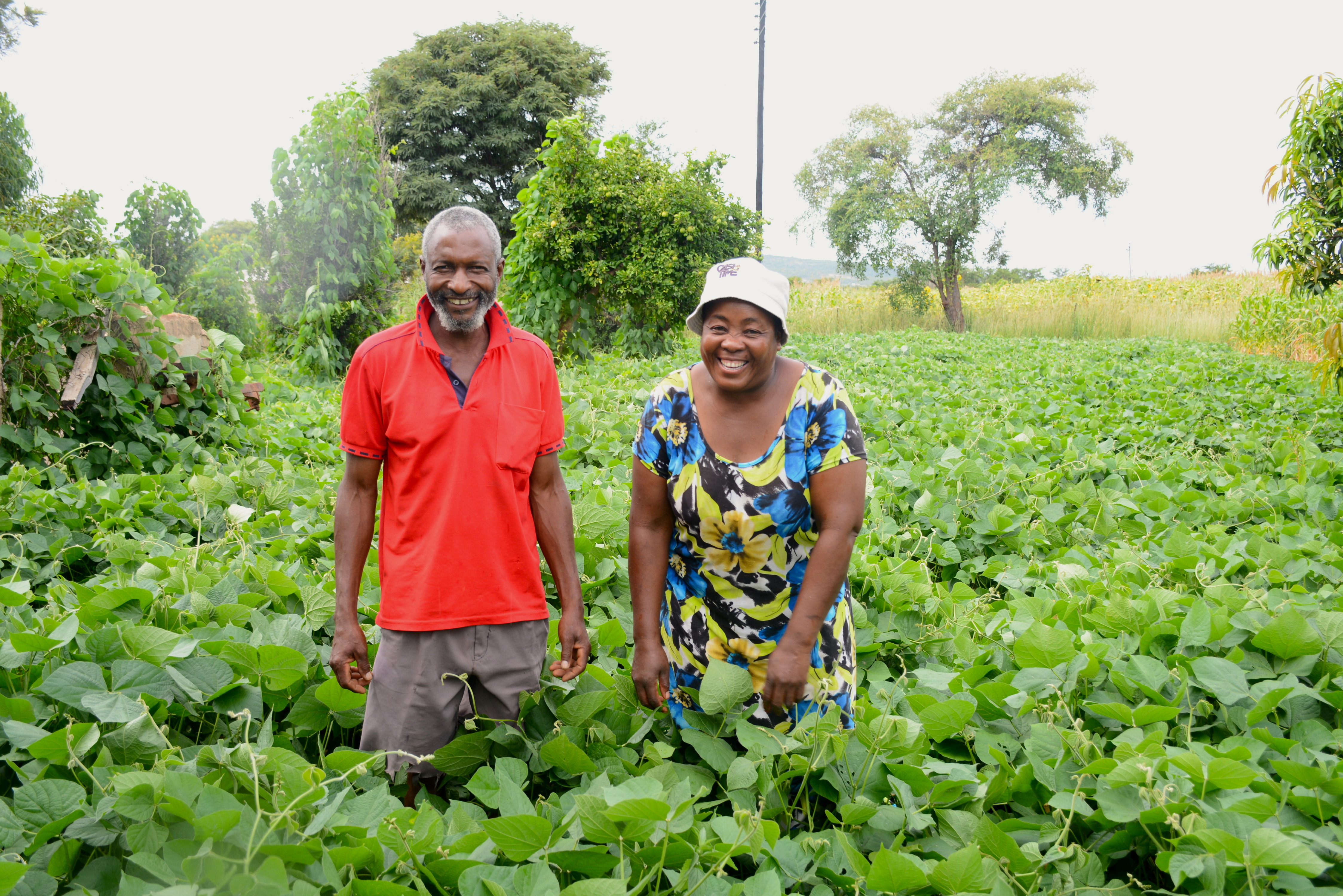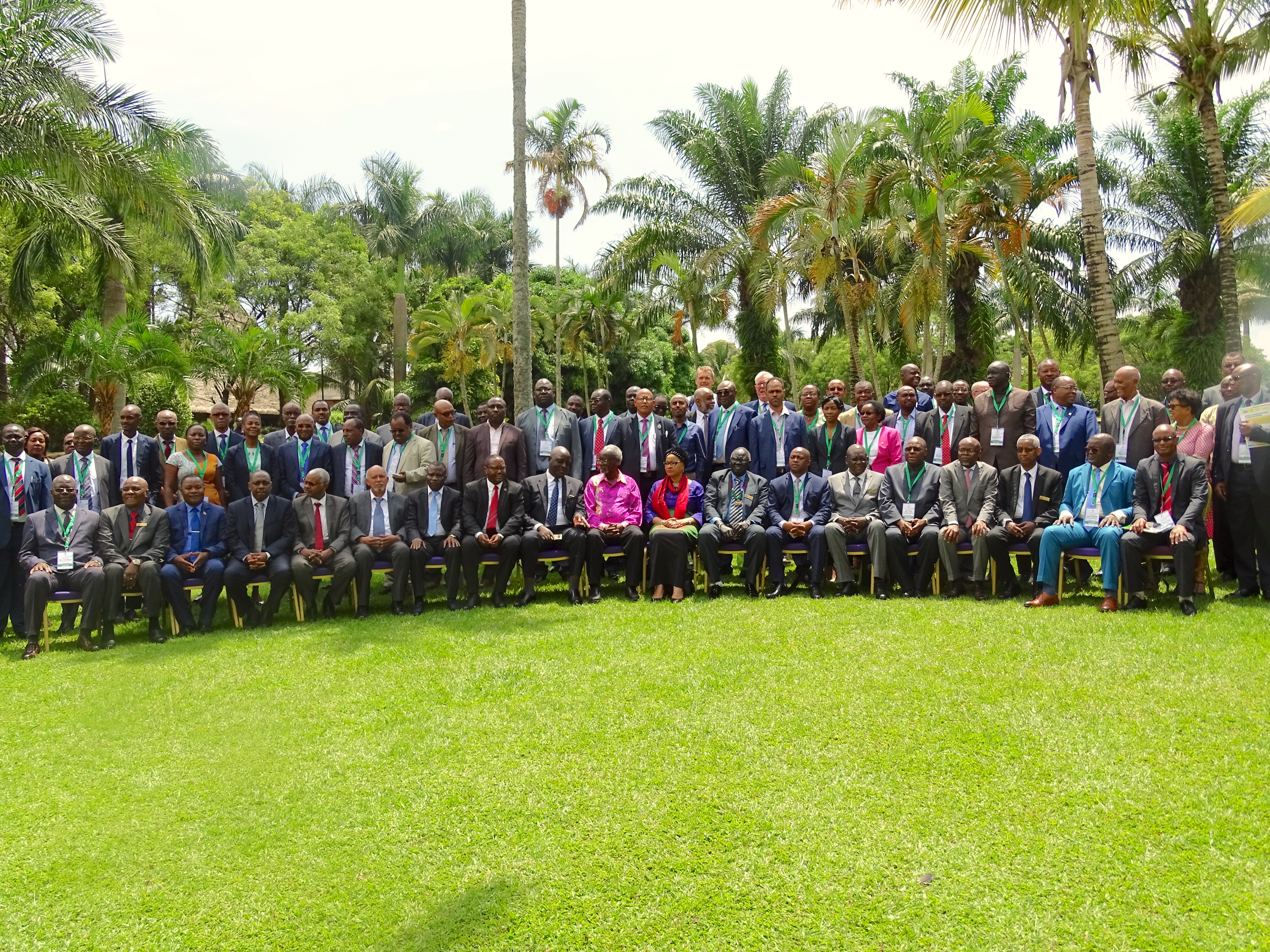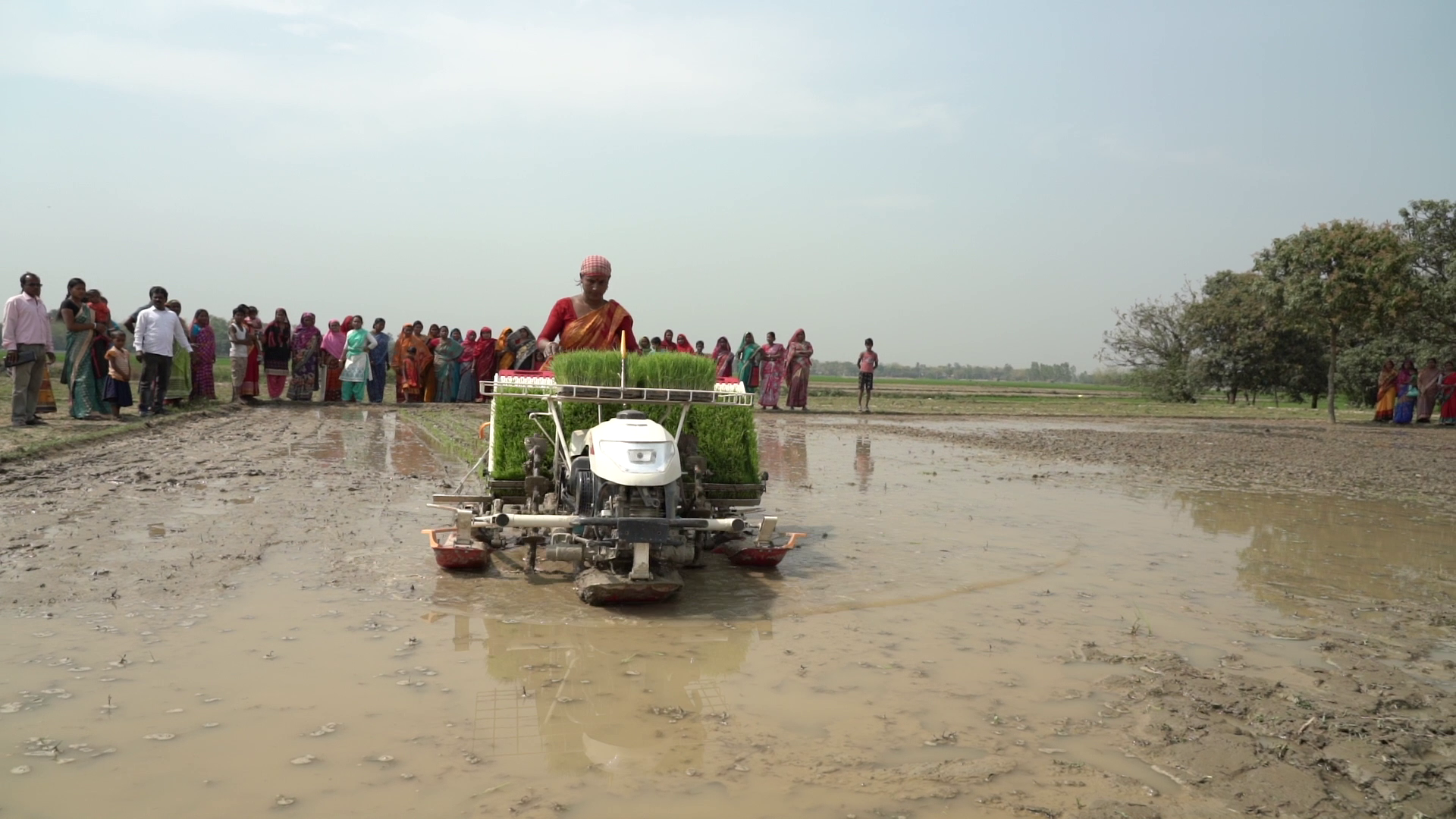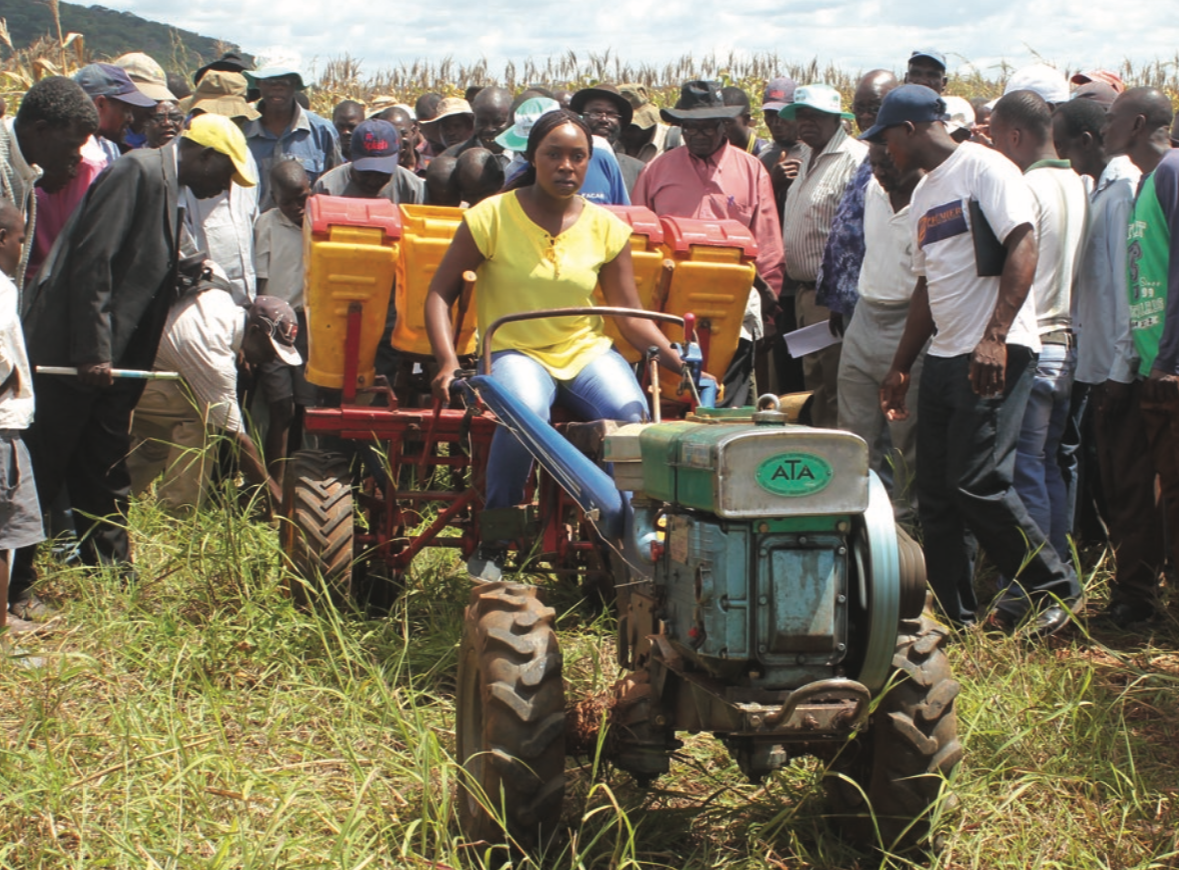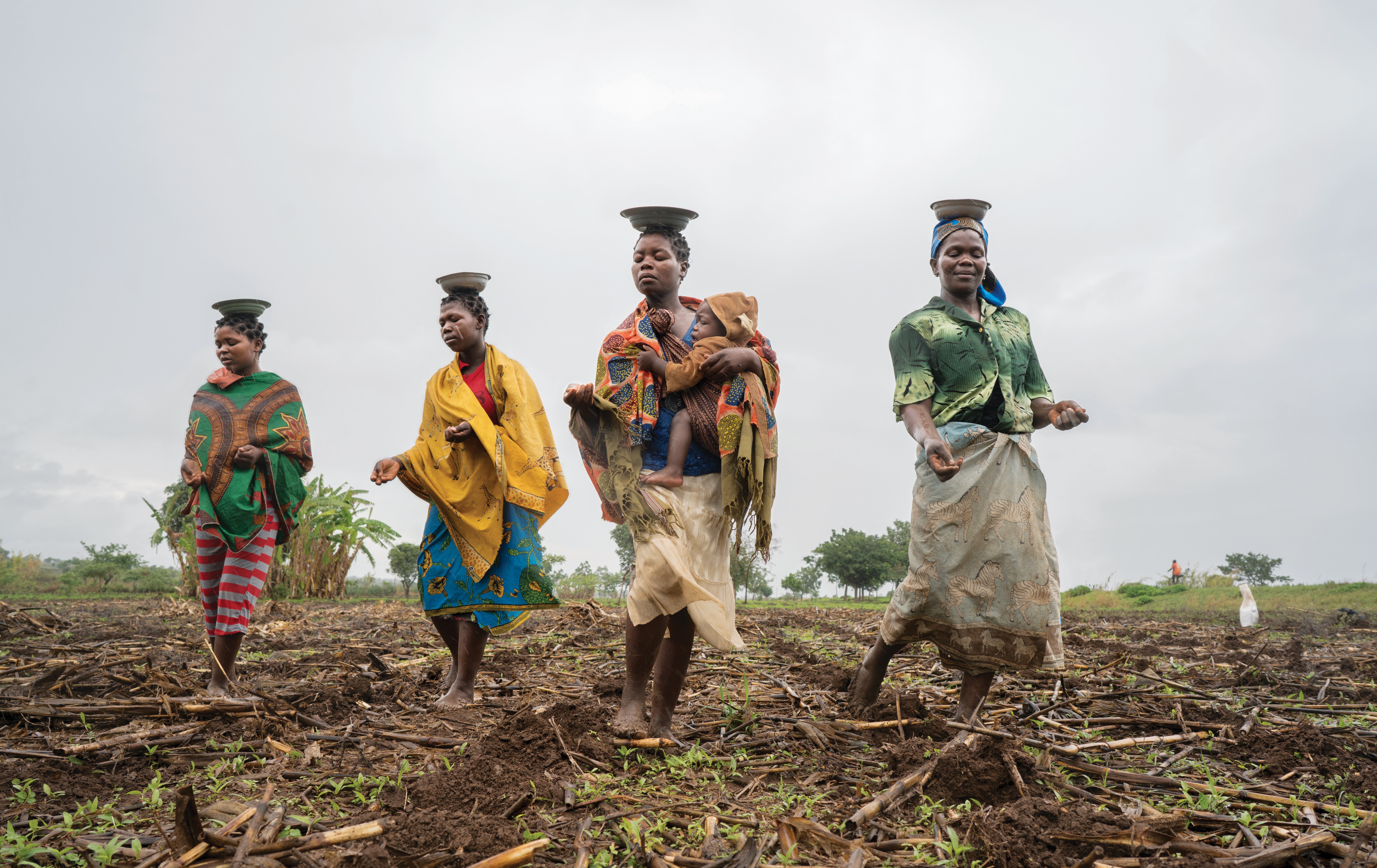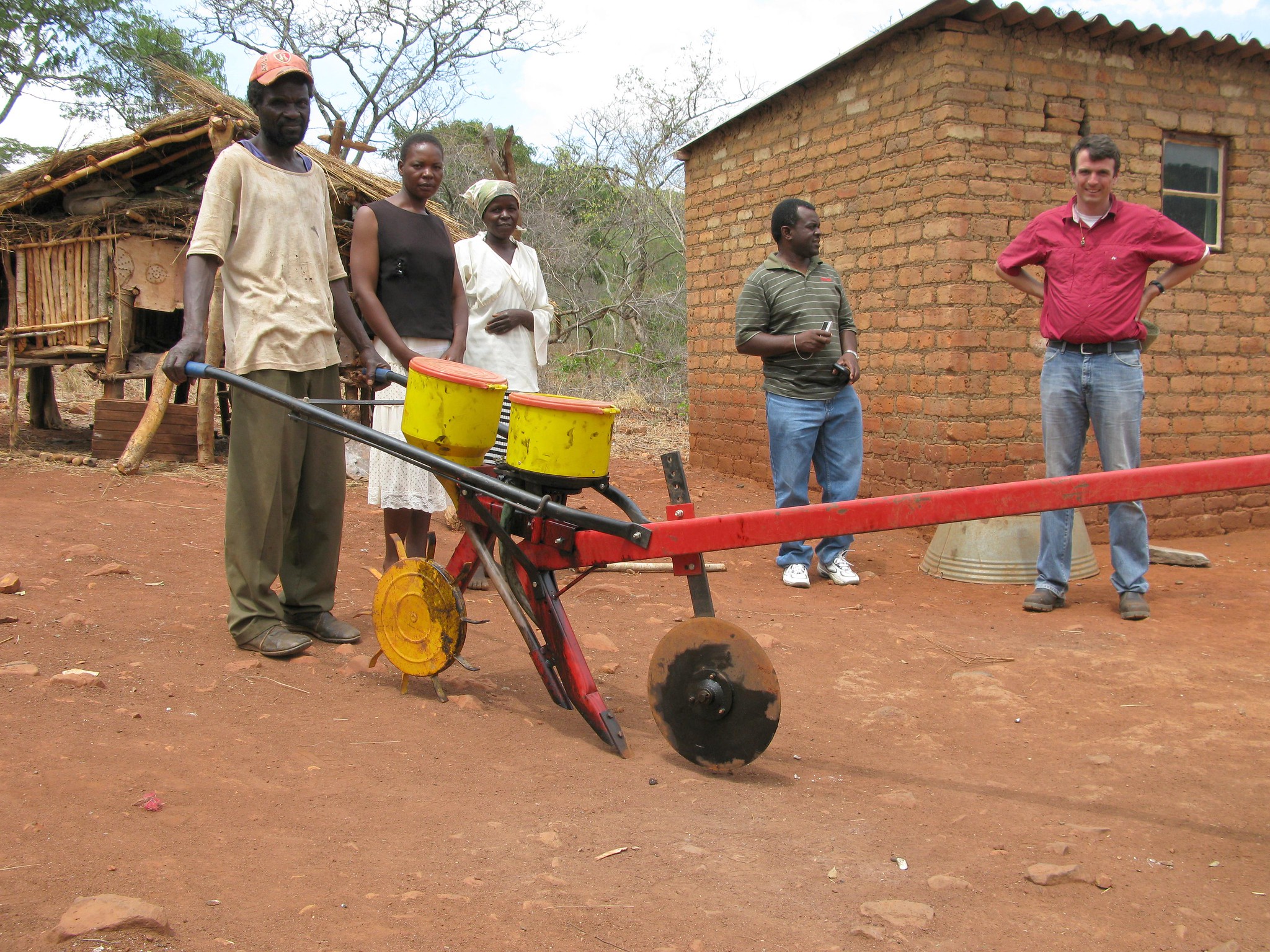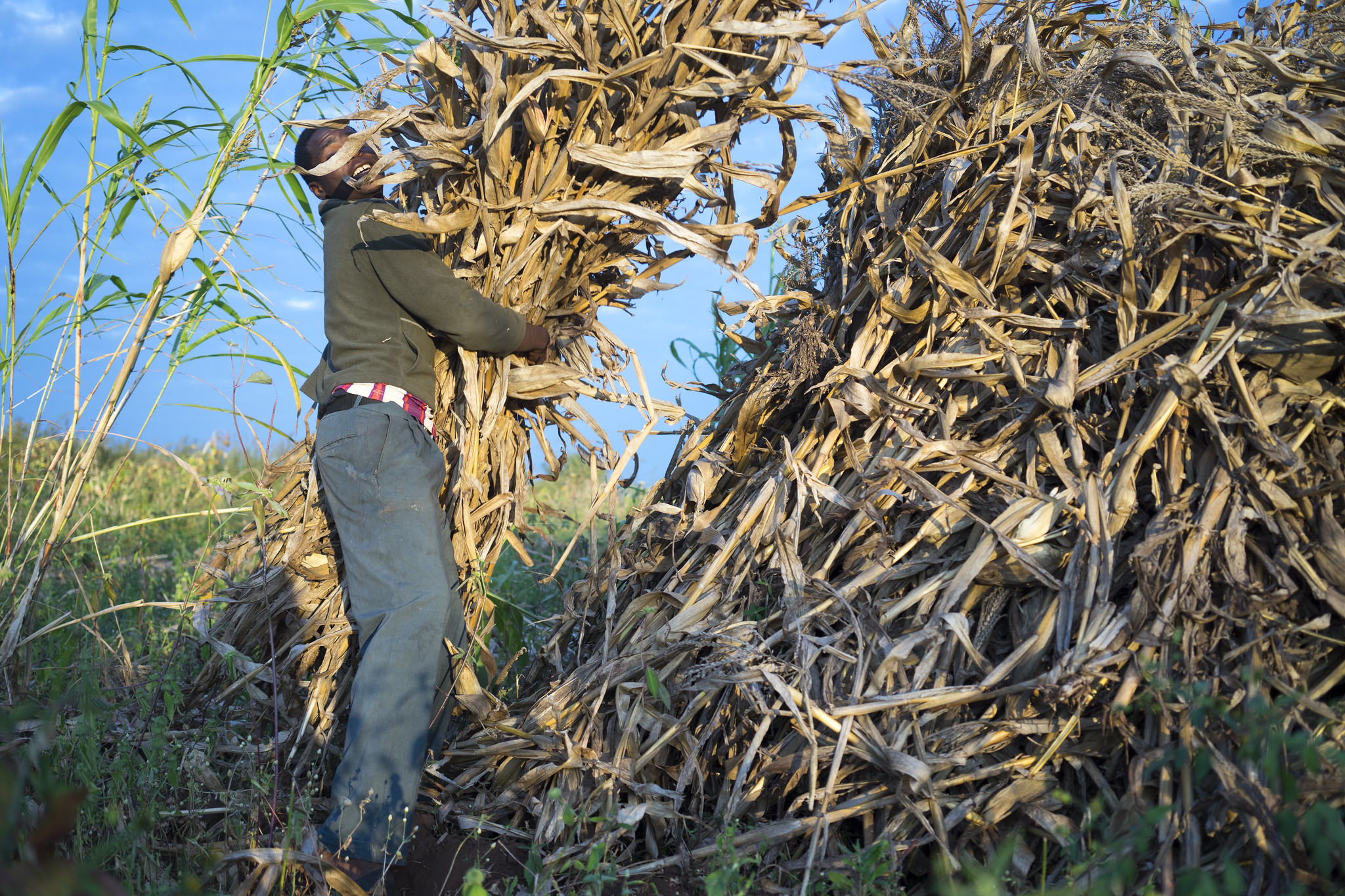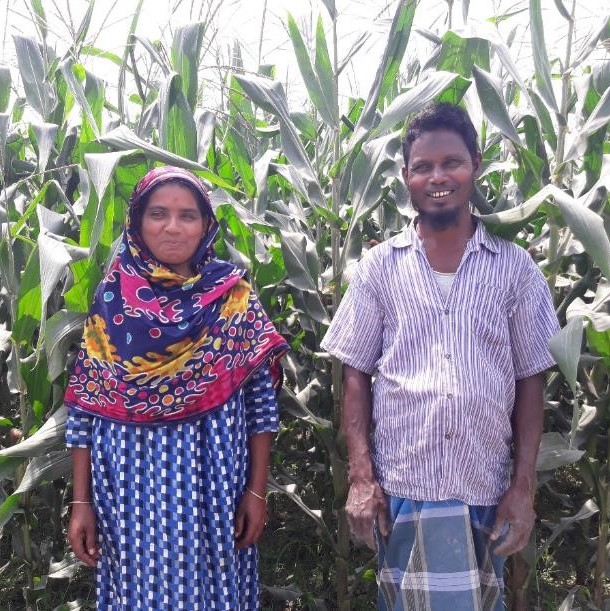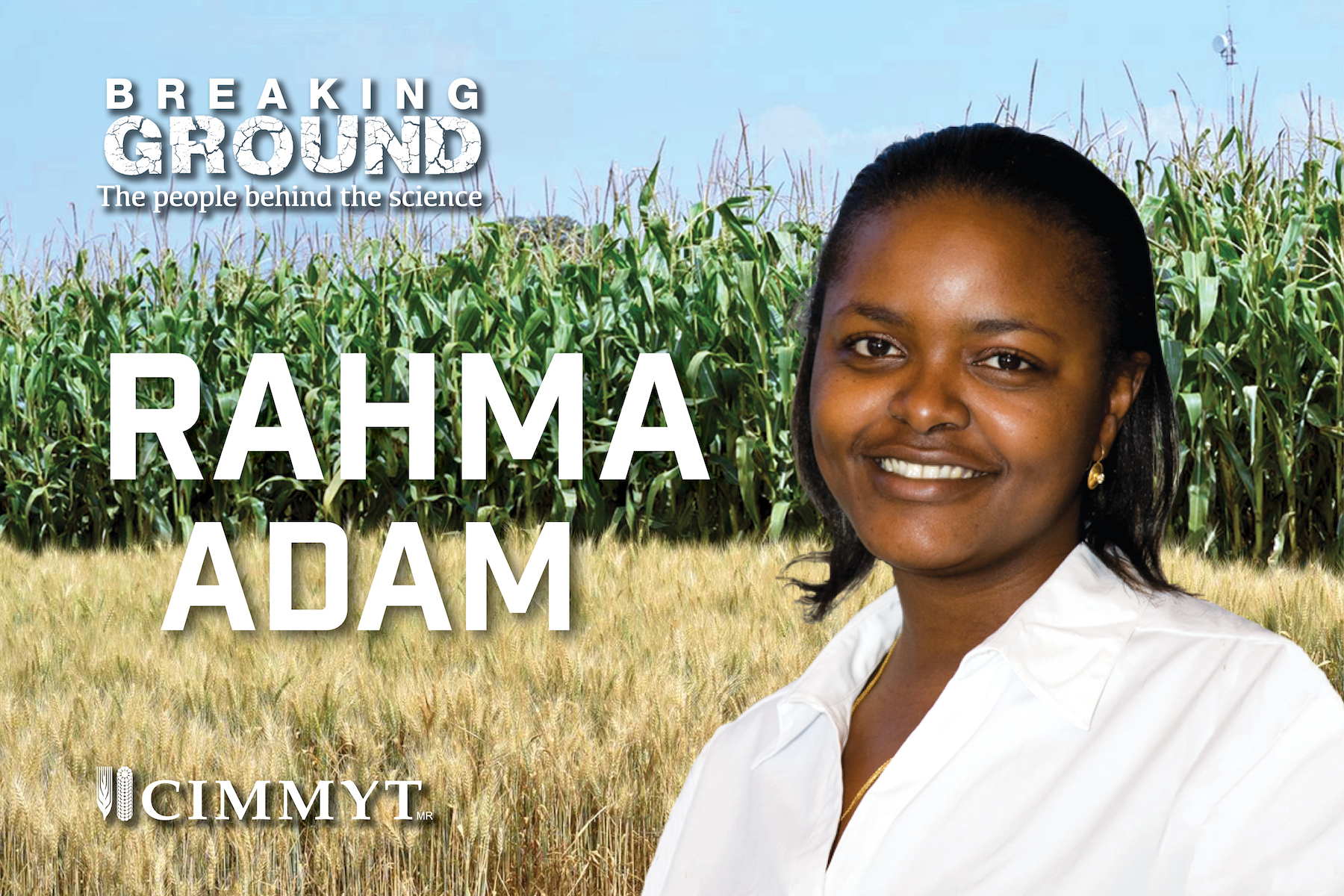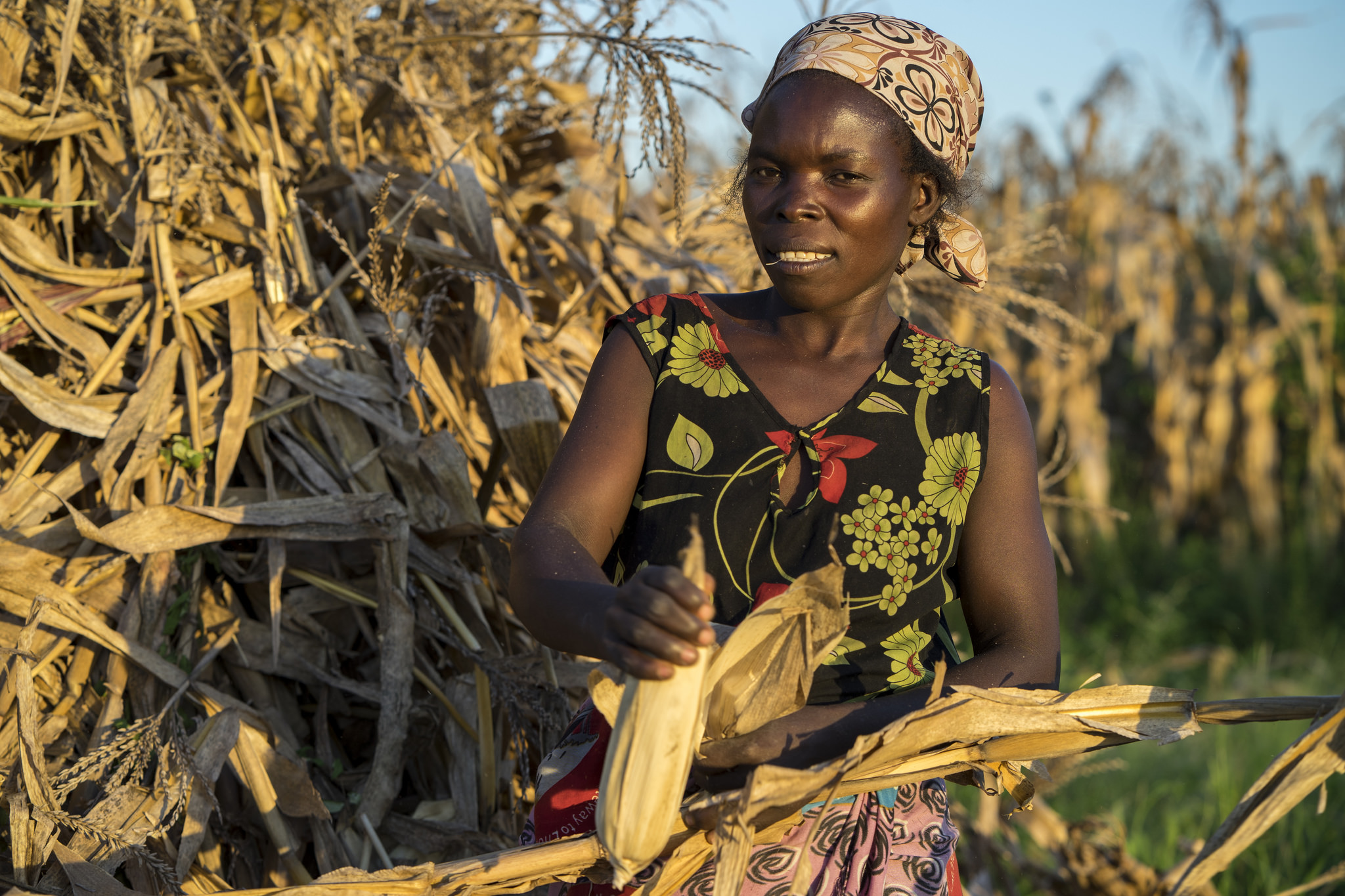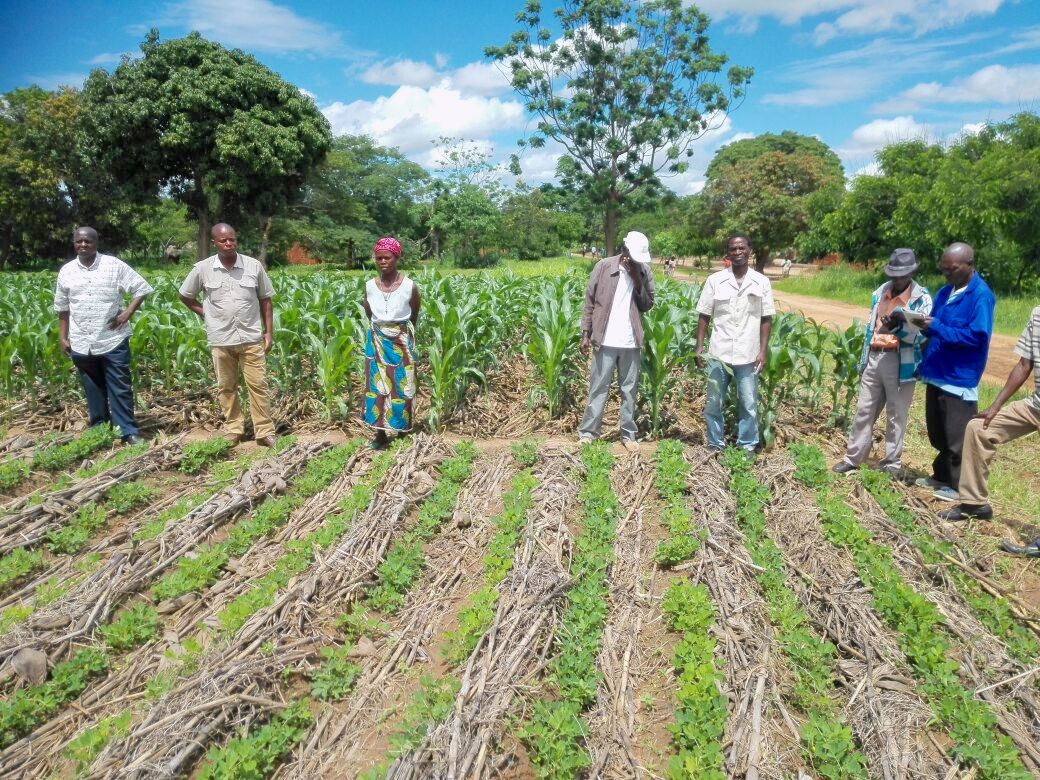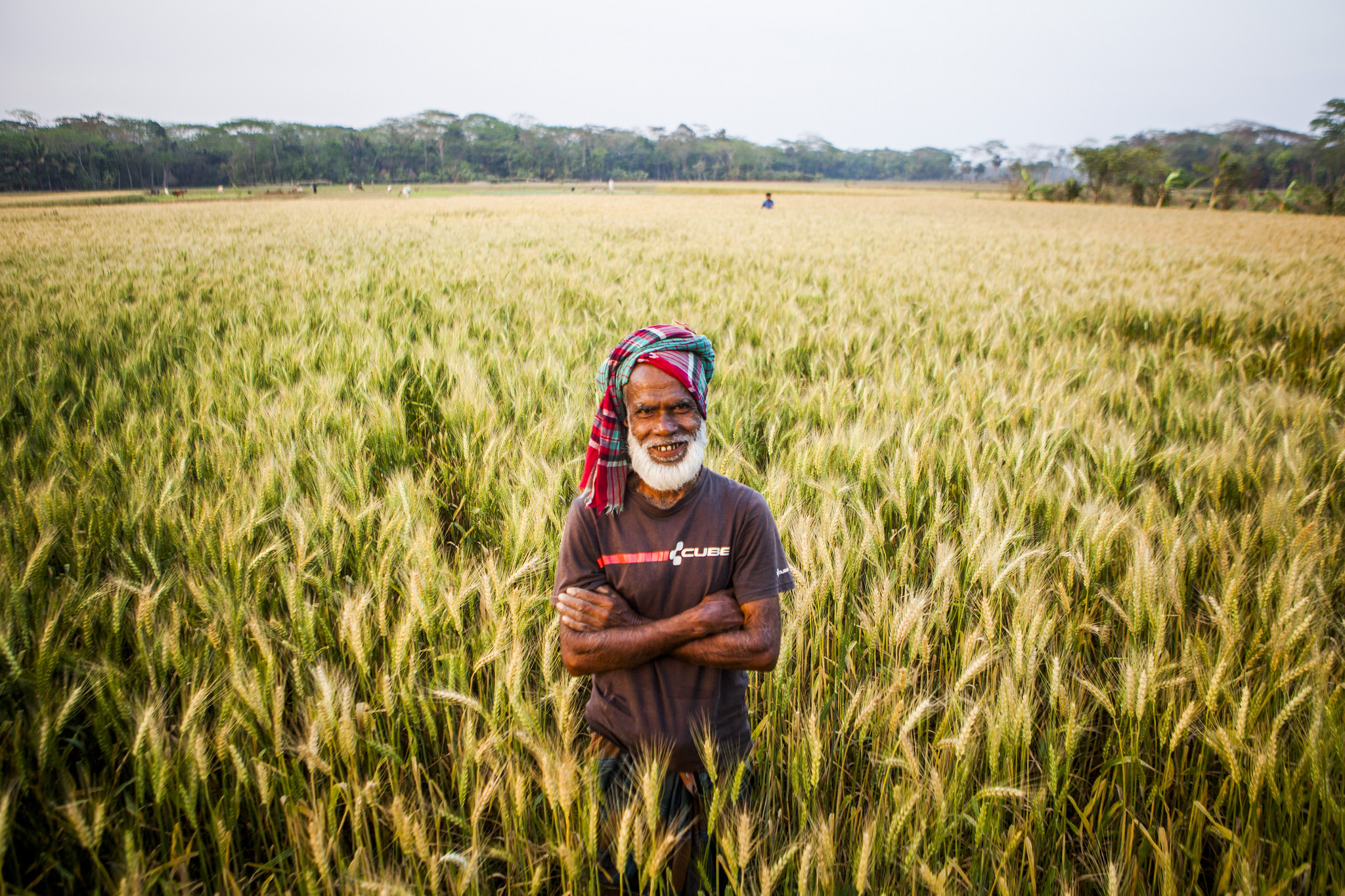Australian Centre for International Agricultural Research (ACIAR)
Fodder for thought
 Nutrition, health and food security
Nutrition, health and food security
How green manure and conservation agriculture are transforming the lives of farmers in eastern Zimbabwe.
Conservation agriculture works for farmers and for sustainable intensification
 Climate adaptation and mitigation
Climate adaptation and mitigation
Agriculture leaders of eastern and southern Africa encourage wider adoption of conservation agriculture for the benefit of farmers, consumers and the environment.
SRFSI: The West Bengal story
 Climate adaptation and mitigation
Climate adaptation and mitigation
In the state of West Bengal, India, farmers and entrepreneurs are finding success with the help of climate-smart conservation agriculture practices.
Looking forward, looking back
 Climate adaptation and mitigation
Climate adaptation and mitigation
Partners from four countries reflect and plan ahead after five years of the SRFSI project.
Zim to get 1 670 tractors
 Innovations
Innovations
Source: The Herald (21 May 2019)
Announcement by Ministry of Lands, Agriculture, Water, Climate and Rural Resettlement was made at CIMMYT FACASI project meeting.
Fact sheet debunking labor and mechanization myths presented in Zimbabwe
 Capacity development
Capacity development
Research shows African farming households are far more dependent on hire labor markets, and much more inclined to hire mechanization services, than previously thought.
Book launch: Lead farmers in eastern and southern Africa
 Climate adaptation and mitigation
Climate adaptation and mitigation
A new book draws on experiences of men and women farmers across eastern and southern Africa who bravely embraced change to improve their farming methods and the lives and livelihoods of their families.
Sustainable intensification practices build resilience in Bangladesh’s charlands
 Gender equality, youth and social inclusion
Gender equality, youth and social inclusion
By reducing drudgery, irrigation and costs, conservation agriculture enables the soil of the charlands to produce rice and maize yields consecutively.
Breaking Ground: Rahma Adam unleashes the agricultural productivity of Africa’s women and youth
 Gender equality, youth and social inclusion
Gender equality, youth and social inclusion
CIMMYT sociologist believes there is one vital resource that remains untapped to increase food security and boost livelihoods.
How gender equity and social inclusion are improving the lives of rural families in Africa
 Gender equality, youth and social inclusion
Gender equality, youth and social inclusion
Women have the potential to be drivers of agricultural transformation.
Policy forum in Mozambique recommends scaling sustainable agriculture practices
 Capacity development
Capacity development
Unsustainable farming practices like monocropping are impacting soil health and reducing the productivity of farms.
Assessing the effectiveness of a “wheat holiday” for preventing blast in the lower Gangetic plains
 Nutrition, health and food security
Nutrition, health and food security
Policy to encourage alternative crops for wheat farmers in South Asia a short-term solution at best, say CIMMYT researchers
